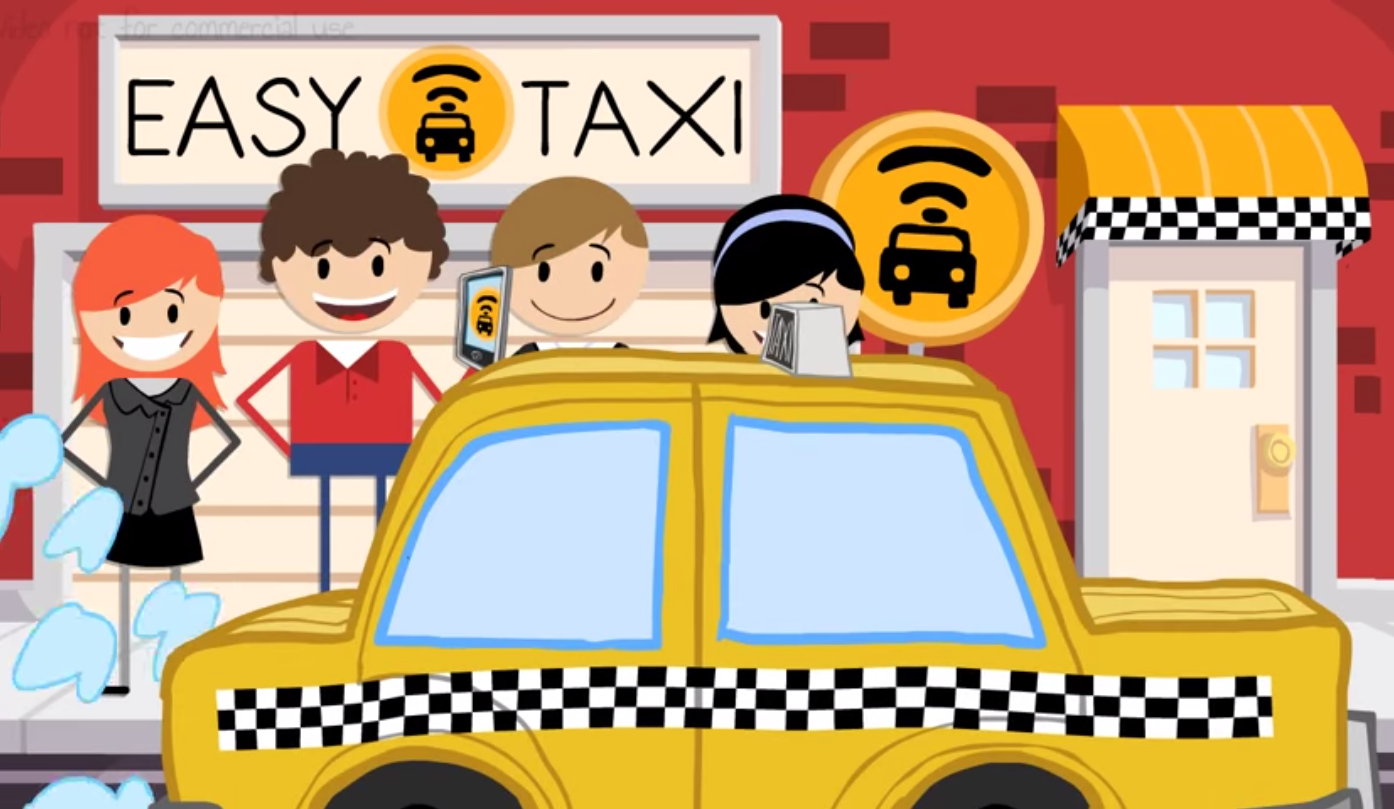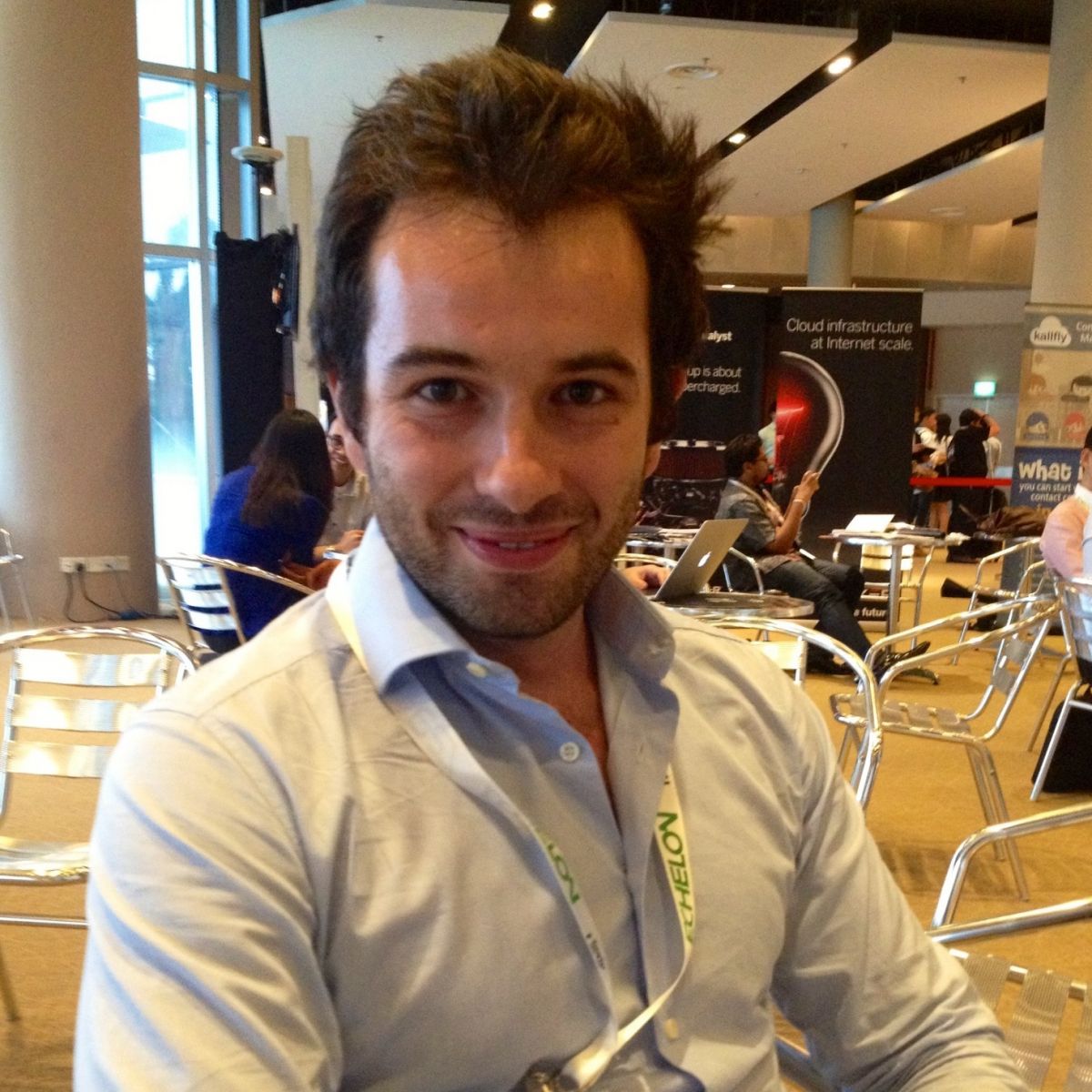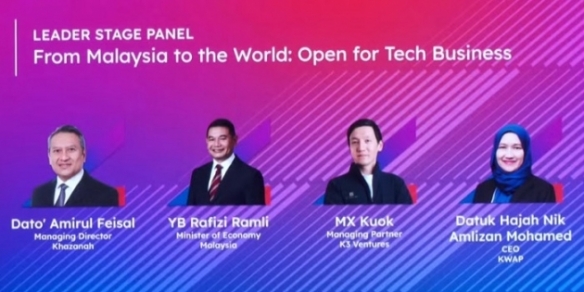EasyTaxi continues rapid ride, eyes Asian expansion
By Gabey Goh July 2, 2014
- Next 2yrs focused on strengthening market share and presence in existing countries
- EasyTaxi Pro and Corporate solutions to be launched in Asia within the year

WITH a presence in over 31 countries across three continents and 1,500 employees, it’s been a rapid ride for EasyTaxi since the Brazilian startup was acquired by Germany's Rocket Internet two years ago.
Speaking to Digital News Asia (DNA) during the Echelon conference in Singapore recently, EasyTaxi's regional chief executive officer for South-East Asia Mario Berta says that the main focus in the last two years has been on strengthening operations.
He says that the toughest challenge has always been operations as each country presented a unique market environment, with a range of variables such as smartphone and 3G penetration, along with the needs of drivers.
“Each market is unique. You come to a country with one model, nail it after a week, and still spend the next two months tweaking it. It’s a never-ending process, but once you nail the model and replicate it, it’s yours," he adds.
In many Latin American countries such as Brazil, the company deploys a direct driver acquisition strategy similar to what it does in Malaysia, where drivers are charged a fee per transaction. In the Philippines, EasyTaxi partners with fleets, does business-to-business (B2B) sales to taxi operators, and charges its customers a fee.
Marketing also differs from country to country, with safety emphasised in São Paulo; while in Singapore, speed and convenience is stressed.
“That’s the value proposition we bring for our investors – the avenue to join the transportation industry but without the need to get to market and ‘spread blood’ like we did,” Berta says.
The crowded race for Asia
EasyTaxi is present in nine countries in Asia and is facing stiff competition from not just entrenched players such as cab companies with their own mobile apps, but also the likes of car service app Uber and GrabTaxi, which recently secured more than US$15 million in Series B funding to fuel its regional expansion plans.
In an interview with Rakyat Post, EasyTaxi regional managing director Chan Heng Joon said that in some of the markets the company operates in around the world, the return on investment can be as quick as a year.
“But the competition is very stiff in Malaysia,” he said, adding that the company has now signed up over 5,000 cab drivers in Kuala Lumpur and another 700 in Johor Baru.

“This recent move of GrabTaxi with GrabCar overlaps with Uber and that’s not a sweet spot. I don’t want to see myself competing with Uber, especially with the kind of money it has behind it.
“We’re good friends [with Uber] at the headquarters level,” he adds, pointing out that there are also concerns against Uber such as going against regulations and taking jobs from existing taxi fleets.
“Our focus and commitment remains with empowering drivers, to give them more jobs and to allow them to drive less. People are taking more taxis, the demand is there,” Berta says.
He acknowledges that GrabTaxi is “probably the best competitor” EasyTaxi has in the world, beating out even Latin American players.
“But money-wise, we’re Rocket [Internet]. I don’t want to brag about it, but we can find funding if it’s needed. The real problem is how sustainable is this business we’re building,” he adds.
In June 2013, EasyTaxi secured another round of funding worth US$15 million from its original backer, Latin America Internet Holding.
With demand for taxis in urban hubs growing, the key lies in ensuring a stable supply to consumers when they need it, a supply-side game.
“We’re investing a big amount, about 85% of resources, towards supply, with direct incentives for drivers, building relationships and extending value for both them and customers. That’s the essence of the solid infrastructure we’ve built across all markets,” Berta says.
Local legitimacy
No interview is complete without a mention of Rocket Internet’s general reputation in the startup world as a “clone machine that hinders innovation.”
A recent Financial Times report stated that Rocket Internet had appointed Berenberg, Morgan Stanley and JPMorgan to evaluate a potential initial public offering in Frankfurt, Germany with a desired valuation of between €3 billion and €5 billion (US$ 4.1 billion and US$6.1 billion).
In 2013, the company said it had raised nearly US$2 billion within two years from backers including Swedish investment firm Kinnevik and Access Industries, the investment vehicle of US billionaire Len Blavatnik.
Berta acknowledges the reputation his parent company has, but argues that his own experience with the company has been "nothing short of exhilarating."
“My last job had me moving countries every four months, and the job before that was a corporate post that bored me. This has been the best experience of my life, building a company across Asia – especially in the Philippines where I’m based; where I have a team that trusts me and are loyal.
“I’m probably the dumbest guy on the team, with no MBA or Goldman Sachs experience on my résumé, but I am surrounded by smart people. I also haven’t risked one dollar of my own money and it’s been a fantastic experience, one that I’d suggest to everybody,” he says.
Berta also shares that the hunt is on at EasyTaxi for new talent to beef up its marketing team, observing the need to boost awareness in an increasingly crowded battlefield. “In terms of service, we’re all probably very equal, but it is debatable on marketing,” he concedes.
Asked for his take on the competition heavily touting the advantage of local knowledge and expertise, Berta argues that EasyTaxi essentially has the same approach, with local teams handling local operations.
“How can you run a company in Thailand and you don’t speak Thai? But I would like to add more – we also have a much stronger international team and share best practices, implementing whatever is good from Bangkok to São Paulo and vice versa, keeping in mind local sensitivities.
“We’re as local as GrabTaxi and more international at the same time,” he claims.
Berta also points to the company’s 24/7 customer service, locally staffed in every market, for both drivers and passengers, a unique value proposition that he claims its competitors have yet to match.
“The other way we differ is that we are a true global app, with our presence across many cities around the world. When you travel from Malaysia to Columbia, you won’t need to download a new app. Uber is probably the other most global app,” he adds.
Next Page: EasyTaxi looks forward


